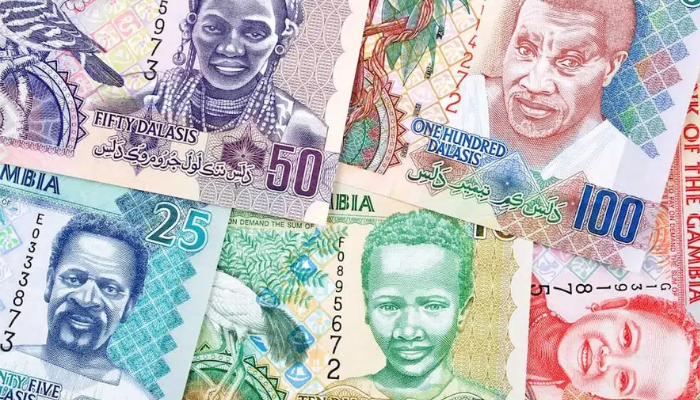A new ranking has identified African countries where obtaining foreign exchange is relatively easier. The ranking, based on financial infrastructure, trade policies, and banking systems, highlights variations in foreign currency availability across the continent.
Access to foreign currency remains crucial for businesses and individuals engaged in international trade, travel, and investment. Many African countries face challenges securing foreign exchange due to economic instability, fluctuating commodity prices, and policy constraints. However, some have made progress, as indicated in the Absa Africa Financial Markets Index.
Read also: Top 10 African countries with the most vulnerable import cover
South Africa ranks highest, scoring 87 out of 100. The country benefits from well-developed financial markets, deep capital reserves, and a flexible exchange rate system. Transparency in foreign exchange policies, monetary policy, and corporate credit ratings has also improved across several African economies.
According to Absa Africa Financial Markets Index, here are the top 10 African countries with the easiest foreign currency access
South Africa leads the list of African countries with the easiest access to foreign currency. The ranking assesses how easily businesses and individuals can obtain foreign exchange for trade, investment, and travel. South Africa scored 87. The country has a well-developed financial system, with a strong banking sector facilitating foreign exchange transactions.
Madagascar follows with a score of 79. Despite economic challenges, the country maintains a functional foreign exchange system, allowing access to various international currencies.
Read also: Top 10 African countries with the most resilient import cover
Mauritius ranks third with a score of 76. The country’s financial infrastructure supports international business and trade, ensuring smooth currency transactions.
Kenya secures the fourth position with a score of 70. The country’s banking system and mobile money services contribute to foreign exchange accessibility.
Botswana ranks fifth with a score of 68. The country’s monetary policies support foreign currency availability for businesses and travellers.
Read also: Top 10 African countries with the largest intra-African imports growth
Egypt and Uganda both score 67, placing them in the sixth and seventh positions. Egypt’s banking system and foreign exchange policies allow access to major currencies. Uganda maintains a growing financial sector that facilitates currency exchange.
Morocco ranks eighth with a score of 65. The country’s foreign exchange market remains active, supporting trade and tourism.
Read also: Top 10 African countries with the largest intra-African exports growth
Cabo Verde also scores 65, securing the ninth position. The country’s reliance on tourism and remittances contributes to foreign currency accessibility.
Tanzania completes the top ten with a score of 60. The country’s financial system provides access to foreign currency, supporting trade and investment.
The ranking highlights the varying levels of foreign exchange accessibility across Africa. Countries with strong financial systems and trade links maintain higher access levels, benefiting businesses and individuals engaging in international transactions.

